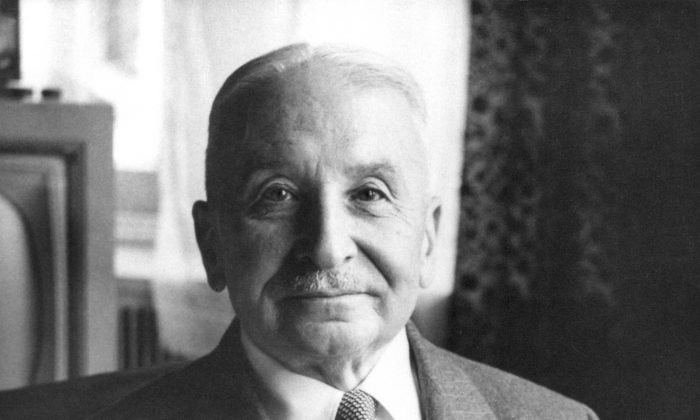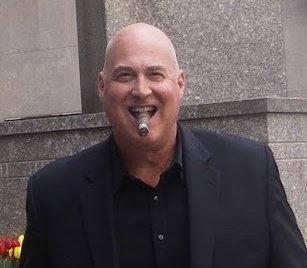He was one of the first economists to write that the Soviet system was destined to fall in his 1921 book “Socialism: An Economic and Sociological Analysis.” He had also predicted the great depression, as he saw the problem developing as early as 1924.
However, after fleeing the Nazis and arriving in New York, the Austrian economist found relatively little support among scholars and politicians, his message often obfuscated by colleagues who had a rosy view of socialist policies and who believed that the state was perfectly capable of managing the economy efficiently.
These same economists and policymakers went on to push major changes to American society. And soon enough, California became the leader in this movement and one of the most progressive states in the country, as it embraced many policies and programs inspired by socialist and communist theories.
And 75 years later, the leaders of the economics institute named after Mises recently gathered once again at the California Club, discussing what the prophetic economist would think of California—and America—today.
Click here for the rest of this article.




 RSS Feed
RSS Feed
